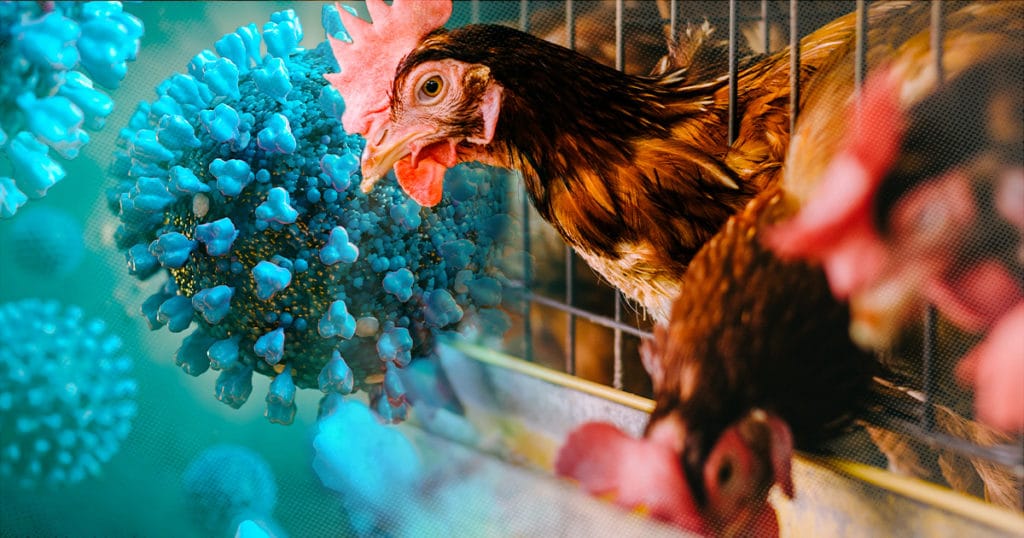The recent deaths of two cats in Los Angeles County have prompted investigations into the potential spread of the H5 strain of avian influenza, commonly known as bird flu. The California Department of Fish and Wildlife (CDFW) announced that both cats exhibited symptoms consistent with the virus before their untimely demise. These incidents mark a significant moment in the ongoing dialogue about the implications of avian influenza on domestic animals and public health.
Avian influenza is a viral infection that primarily affects birds, particularly waterfowl and poultry. However, certain strains, including H5, have been known to infect mammals, including domestic pets such as cats and dogs. The virus is highly contagious among birds and can be transmitted to other species through direct contact with infected birds, contaminated surfaces, or even through the air in some cases. While infections in domestic animals are relatively rare, the recent events in Los Angeles County underscore the importance of monitoring and understanding the risks involved.
The two cats in question were reportedly found in a residential area where there had been previous reports of sick or dead wild birds. This connection raises concerns about the potential pathways through which the virus can spread from avian populations to domestic animals. The CDFW is currently investigating the circumstances surrounding the cats’ deaths, including conducting necropsies to determine the exact cause and whether H5 avian influenza was indeed responsible.
Pet owners are advised to take precautions to protect their animals from potential exposure to the virus. These measures include keeping cats indoors, especially in areas where wild birds are known to congregate, and ensuring that pets do not have access to potentially infected birds. Additionally, owners should be vigilant for any unusual symptoms in their pets, such as lethargy, respiratory issues, or gastrointestinal distress, and seek veterinary care promptly if such symptoms arise.
Public health officials emphasize that the risk of H5 avian influenza spreading to humans remains low. However, it is crucial for communities to remain aware of the potential for zoonotic diseases—those that can be transmitted from animals to humans. The Centers for Disease Control and Prevention (CDC) and other health organizations continuously monitor avian influenza outbreaks and provide guidance on how to mitigate risks.
In light of these recent incidents, the CDFW has reiterated the importance of reporting any unusual wildlife deaths, particularly among birds. Such reports can assist in tracking the spread of the virus and implementing necessary control measures. The agency encourages the public to maintain a safe distance from wildlife and to avoid handling sick or dead animals.
Furthermore, the situation serves as a reminder of the interconnectedness of wildlife health, domestic animal health, and human health—a concept known as “One Health.” This approach recognizes that the health of people is closely linked to the health of animals and the environment. Collaborative efforts among veterinarians, wildlife biologists, and public health officials are essential in addressing the complexities of zoonotic diseases.
As investigations continue, the CDFW and other relevant agencies are expected to provide updates on their findings and any further recommendations for pet owners. It is essential for the community to remain informed and proactive in safeguarding both their pets and the broader ecosystem.
In conclusion, the suspected cases of H5 avian influenza in the two cats from Los Angeles County highlight the ongoing challenges posed by zoonotic diseases. Increased awareness, precautionary measures, and collaboration among various health sectors are crucial in managing the risks associated with avian influenza. As the situation develops, the focus will remain on ensuring the health and safety of both domestic animals and the public.



